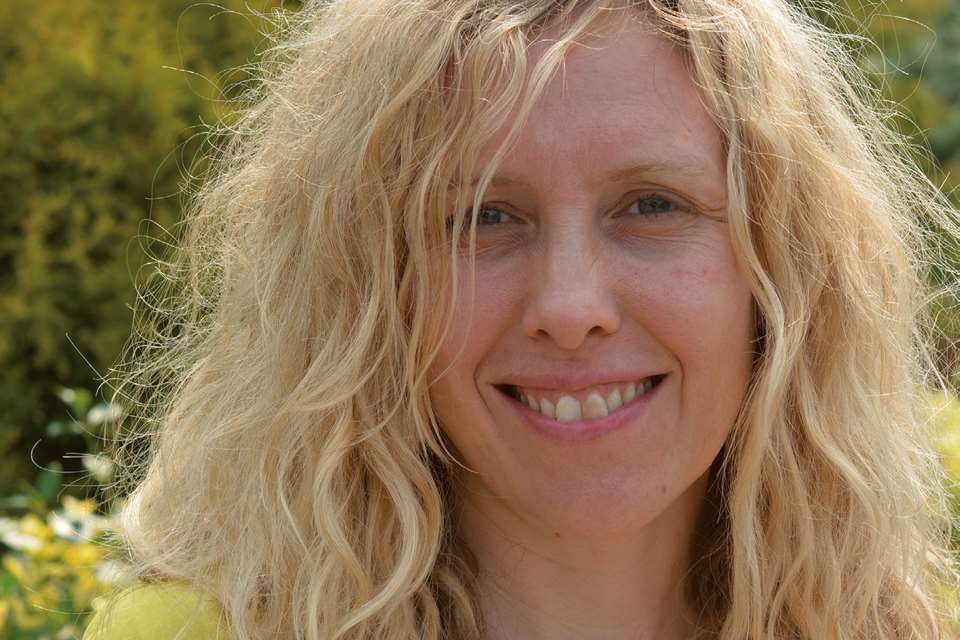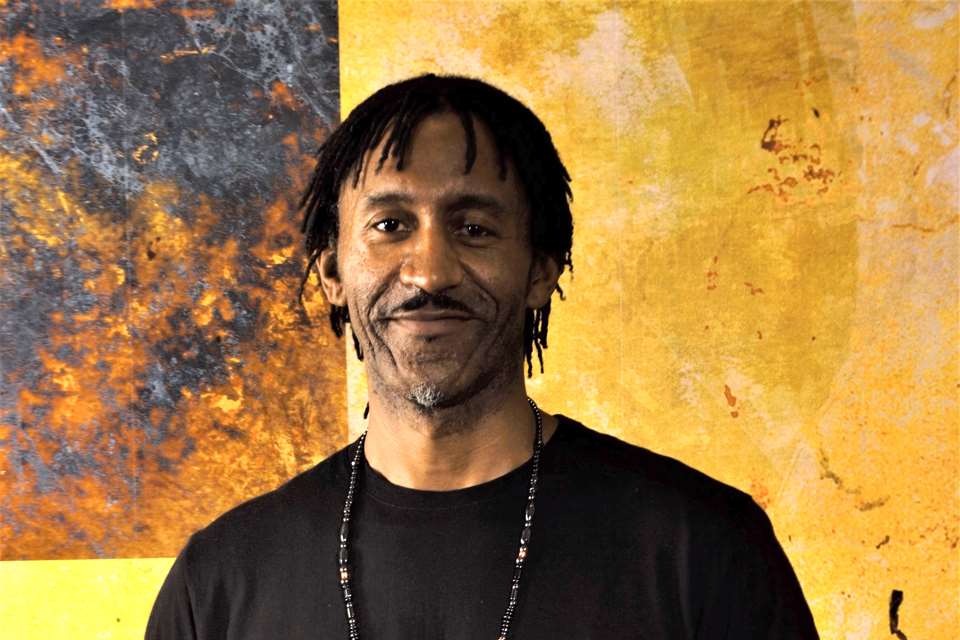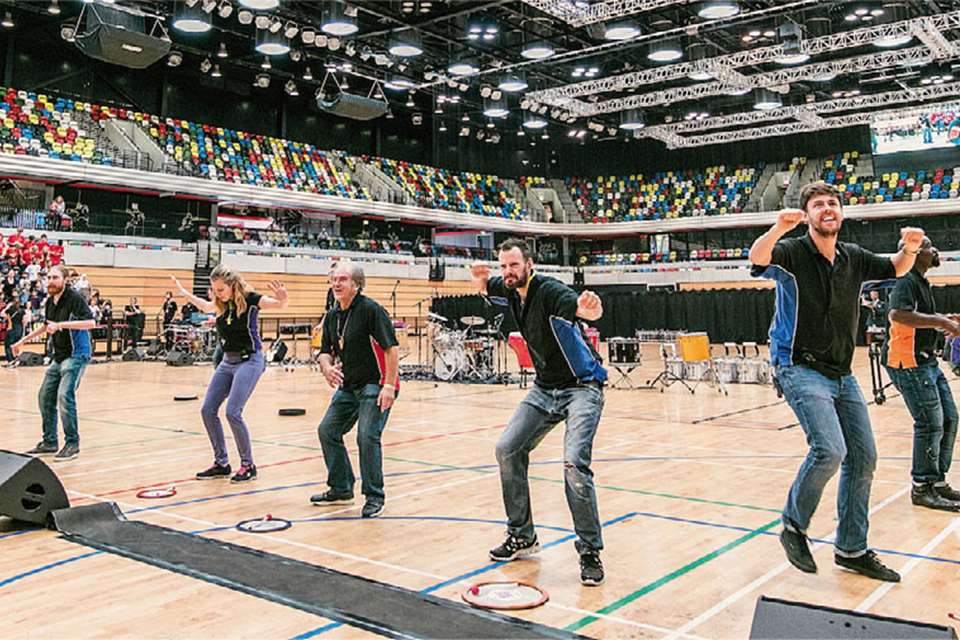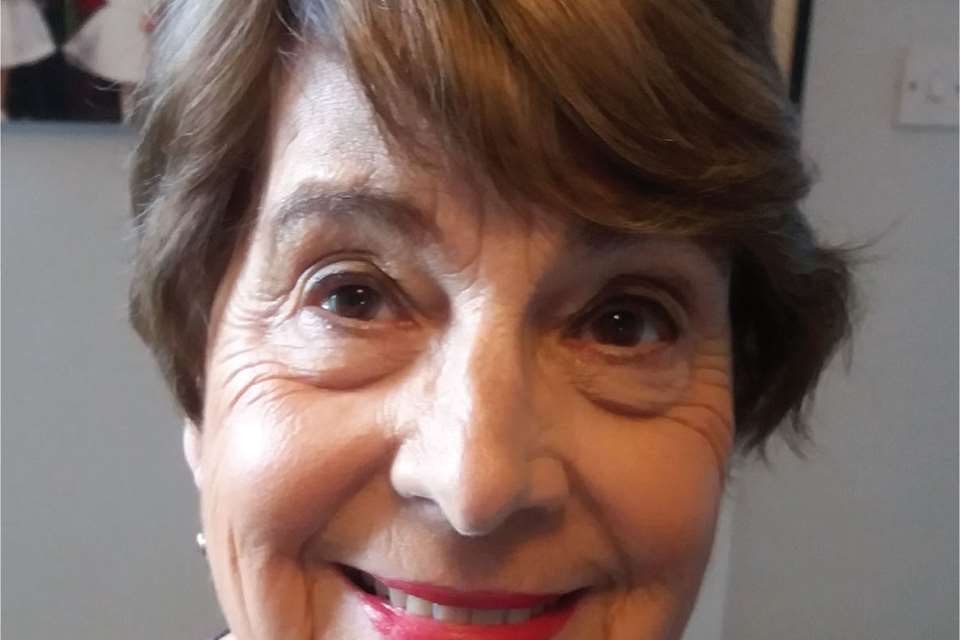Meet the Expo 2023 speaker: Natasha Hendry
Sunday, January 1, 2023
Music psychologist, educator, singer, speaker and social justice activist Natasha Hendry is leading a group discussion on music education and social justice on Day 2 of the Music & Drama Education Expo 2023. MT meets her to find out more.

Courtesy Natasha Hendry
Music Teacher: How would you describe yourself in three words?
Natasha Hendry: Honest, kind and hardworking.
MT: What will you be sharing with delegates at the Music & Drama Education Expo 2023?
NH: I will be facilitating a group discussion based around equality, diversity, and inclusion (EDI) and social justice in music education. I hope the discussion will give delegates the chance to reason with other music educators and stakeholders to contemplate such questions as: should social justice be discussed in a music education context and why, or why not? What could social justice in music education look like? And who benefits and who doesn’t from social justice activism in music education? I will also be sharing some of my own and other leading researchers' insights and data on issues of social justice within music education.
MT: Tell us a bit about your background and career.
NH: I started out as a professional singer in the popular music industry. This work took me all over the world but it was far from consistent, so I started vocal coaching. I found I loved teaching and for over 20 years developed it through group workshops, community projects and for some higher education institutes, alongside my performing career. I completed an undergraduate psychology degree and went on to complete a master's degree at Sheffield University. It was 2020 when we chose our dissertation topics and like many others I was hugely moved and affected by George Floyd's death. I relived a lot of trauma myself that I had buried and ignored. I remembered my journey as a young, working-class, Black, mixed-race girl who only ever wanted to sing and how I struggled to see myself at any point in my music education journey. I contemplated what kind of effect under-representation and a generally white, middle-class, Eurocentric music curriculum might be having on the musical identity and behaviour of Black British pupils and other members of the global majority. The findings of my study were shocking and illuminating, and I couldn’t unsee these revelations. It prompted me to take this work further and advocate for change in UK music education. I am currently doing my PhD at the University of West London.
MT: If you could make one change to the UK music education system, what would it be?
NH: I would like to see the music education system in the UK value a wider range of skills, content and teaching methods that represents all students. Not only would this widen interest and access from a more diverse workforce in music teaching, it would increase the sense of belonging marginalised students would feel in the music classroom as well as their potential aspirations for a career in music.
MT: Other than your session, what are you looking forward to about attending the Expo?
NH: I am really looking forward to meeting other like-minded music education stakeholders at the Expo. Sometimes diversity work can feel very lonely and as if few people take it seriously and understand its importance for students and ultimately the musicians of tomorrow. When I go to these events it's always good to connect with people who are in your tribe, doing the work.
MT: What was the key takeaway from your own music education?
NH: Unfortunately, the key takeaway from my music education was that I don’t belong in that arena. This was always confusing to me as I could see myself reflected in my music collection, but not in the classroom. I couldn’t understand how people like me got there. My music teacher persuaded me to take GCSE but studying the Baroque period and heavyweight theory was a surprise to me and of little interest. I had a lot of natural musicality and my dad was a musician, so I was immersed in music at home, but I struggled with the incongruence of my musical self at school. I didn’t have the grades or theoretical ability to do A Level Music, so like many working-class, marginalised aspiring musicians, took a more informal approach from there. I self-taught, sang in church and just started networking and auditioning for work.
MT: Who should attend your Expo session and why?
NH: Music educators and stakeholders who wish to leave no pupil behind should attend. We need to stop playing to the majority and pick up on the needs of the least advantaged in classrooms. That way everyone benefits. We like to say that ‘music is for everyone’, but when it comes to music education the reality can be quite different.
MT: What do you hope to see happen in music education in the next five years?
NH: I would love to see all schools, education hubs and the Department of Education at large put racial literacy not only on their music agenda but into practice. This also has to be addressed with other intersections such as class. Much of this work is left to inner-city schools and encouraged where there is a large multi-ethnic student population, but the reality is that racially minoritised pupils are at the greatest risk of a lack of belonging and engagement in music in white-majority schools. The ones and twos get overlooked. This work needs to be done for other marginalised students too, such as disabled and LGBTQ+ pupils.
MT: In your view, what should we be talking about that currently isn’t getting enough attention?
NH: In Gould & Countryman's book, Exploring Social Justice: How Music Education Might Matter, they state that ‘the “white-is-normal” attitude is one of the ways in which whites possess and maintain power, even if unconsciously’. I think this attitude unfortunately still remains today and is not adequately addressed with the addition of multiculturalism and world music to the music syllabus. It needs to be talked about more meaningfully and we need representation in all genres and all roles of music. Another overlooked area is class and how the working class are disadvantaged within music education culture. I could go on, as I strongly feel LGBTQ+ students are being badly let down in all areas of education at present.
MT: What artist/composer are you listening to on repeat this week?
NH: Bianca Rose. I love her music. She is a London-based singer-songwriter who is a brilliant storyteller.
The Music & Drama Education Expo takes place on 23 and 24 February 2023 at The Business Design Centre in London. View the 2023 programme and register for free: musicanddramaeducationexpo.co.uk





